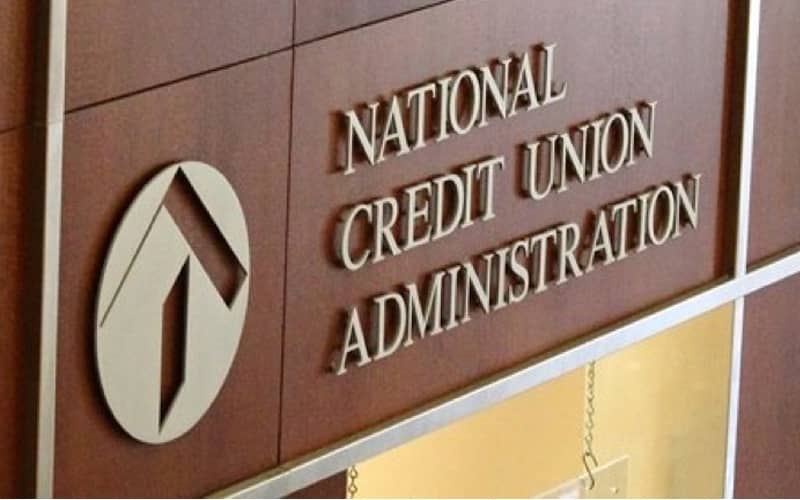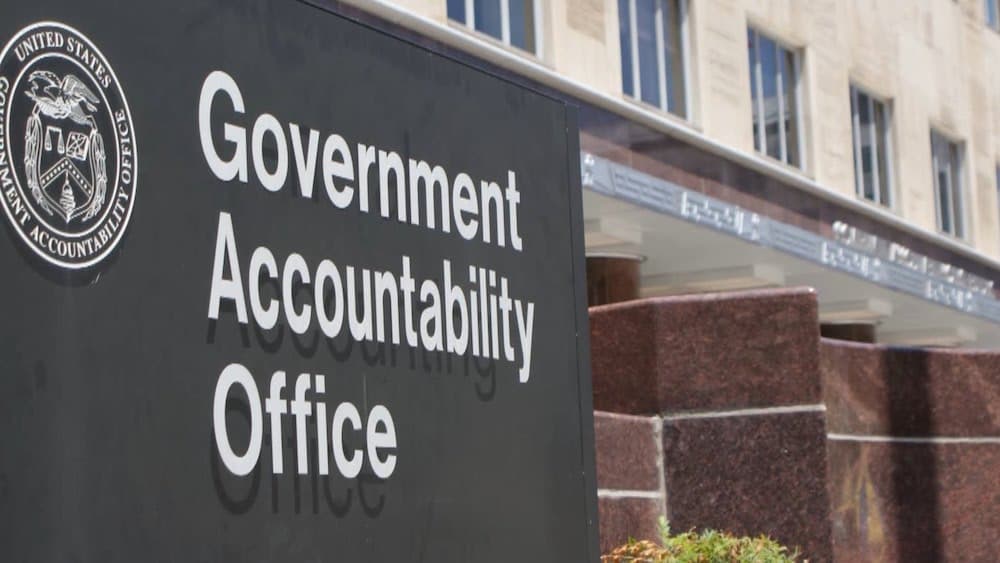Progressive Think Tank: NCUA Should Be Aggressive on Climate Issues
Learn why a progressive think tank is calling for the NCUA to take a more assertive stance on climate change.


Table of contents
Researchers say agency should increase regulatory support, provide guidance to credit unions.
Saying that credit unions and their communities are located in areas more vulnerable to the impact of climate change, two researchers from the progressive Center for American Progress are calling for the NCUA to become more assertive in regulating institutions under its control.
“In order to ensure these institutions have the support and tools necessary to address climate-related financial risks, the NCUA should increase regulatory support to help credit unions address these risks and provide guidance and regulation for green lending so that credit unions can continue to serve their members and communities,” Crystal Weise and David Correa wrote in an article titled “How Regulators Can Help Credit Unions Manage Climate Risk in the Communities They Serve.”
The center is a think tank headquartered in Washington, D.C.
Backstory and Context
So far, the NCUA simply has requested information about how climate issues impact credit unions and what the agency should do about it. Industry trade groups have said that credit unions—and not their regulator—are best-equipped to handle the problems posed by climate change.
As a member of the Financial Stability Oversight Council, NCUA Chairman Todd Harper has supported additional research into whether climate change poses a systemic risk to the financial system.
However, the NCUA board currently is controlled by Republicans Rodney Hood and Kyle Hauptman, who have been more reluctant to take additional action on the issue. Hood’s term expires this month and presumably President Biden will nominate a Democrat to replace him—providing Harper the votes he needs if he wants to take a more activist approach.
Researchers’ Findings
This is precisely what Weise and Correa contend the NCUA should do.
As risks and losses rise, the demand for credit increases, they said, adding that credit unions play an important role in financial inclusion.
“Credit unions’ mission to serve their members requires the NCUA to provide more robust education and guidance to these important institutions,” they wrote.
And because the membership of credit unions is often concentrated in a specific and limited sector or community, they are more likely to have loan portfolios that are vulnerable to climate change.
Specific Recommendations
The researchers suggest several ways that credit unions and their regulator can better handle the financial implications of climate change, including:
–Integrating climate-related risk management into credit union CAMELS ratings to express the risks examiners see at particular credit unions.
–Requiring credit unions to publicly disclose information about climate-related risks in their call reports, which, they wrote, “would incentivize credit unions to reduce exposure, better manage risks, and help the NCUA monitor and regulate climate-related financial risk.”
–Assisting communities suffering from “blue-lining,” defined by the researchers as financial institutions refusing to lend in certain neighborhoods due to a heightened risk of climate-related disasters. Regulators, the researchers said, should help find ways to balance fair lending and climate risk mitigation.
–Developing climate-related risk management principles.
–Providing loans for local projects, such as energy-efficient and climate-resilient affordable housing and community solar energy initiatives. Credit unions also could provide special terms and rates for loans for products that reduce emissions, they added.
NCUA












































.png)
.png)
.png)
.png)






































